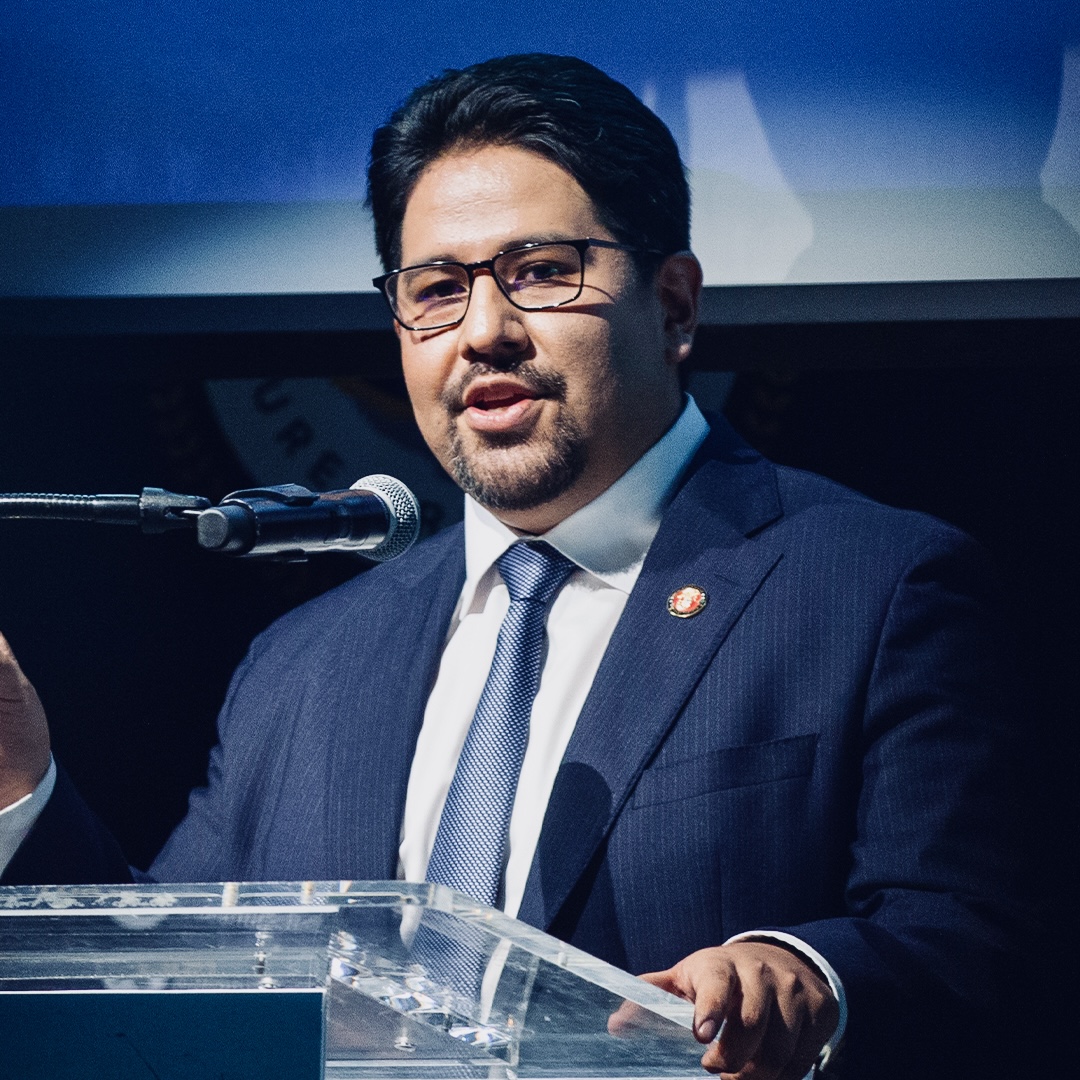Moammar Qaddafi’s reign in Libya is no more. The colorful, brutal persona, often more a caricature than real life, has at long last been exited—but there will be no mourning the day after. Crowds will not meet and chant and weep in grief, nor will they cherish the legacy left by a man who ruled his country with an iron fist. The legacy of Qaddafi is only sadness, violence, hate and corruption. A legacy of a man who overstayed his welcome, stole from his people, and ultimately fled his country like a common criminal. Moreover, his children face either the ruthless retribution of the angry mob or the opportunity to listen in silence as the International Criminal Court in The Hague lays bare their myriad of human rights violations before a world audience. No one will remember how this dictatorship started out. Maybe, once, Qaddafi cared for his country. Maybe, once, he had the welfare of the poor in mind. But “power corrupts, and absolute power corrupts absolutely.” Herein lies the lesson for modern-day Latin American dictators—a lesson of legacy and governance. In stark contrast to Latin American dictators of the past, a modern-day Latin American dictator invents “state” mechanisms to hold onto power. They rewrite constitutions, coopt supreme courts, and through a “protagonist, participatory democracy,” lay to waste the institutions that protect the people from rulers like themselves. In Venezuela, President Hugo Chávez insists upon personally supervising the disintegration of Venezuela. Not content with 12 years in power, or almost 200,000 people murdered, or the pilfering of almost 1 trillion dollars, he insists on using the dominance of the incumbency to hold on to power for another six years. Not even cancer can keep this Qaddafi wannabe from seeking to perpetuate himself. In Nicaragua, it is the same with President Daniel Ortega going to elections in November for another – illegal – term in office. The same goes for Evo Morales in Bolivia, Rafael Correa in Ecuador, Cristina Fernández de Kirchner in Argentina, Manuel Zelaya in Honduras and Fidel (and now Raúl) Castro in Cuba. They all use the lion’s share of their time and energy figuring out how to follow Qaddafi down the same tired path. Unfortunately for them, clinging to power is a miserable place to be. Despite Castro and Chávez’s best desire, history will not absolve them. They will not be remembered for how their “revolution” started, but rather how it ended. They will go down in history as another Idi Amin, Mobutu Sese Seko and – yes – Moammar Qaddafi. When it comes to governance, there is a simple, golden, irrefutable, sacrosanct principle that these dictators forget—the only legitimacy of government is derived from the consent of the governed. When the governed feel that their only escape from their predatory government is to take up arms to free themselves from the parasitic grasp of their absurd leaders and their ridiculous policies, it is self-evident these leaders have lost their legitimacy as well as their right to govern. This has happened time and again throughout history. Sometimes, it is successful like in Libya, Honduras or Egypt. Sometimes, it is not, like in Iran, Venezuela and Cuba. Yet, both the success and the failures serve to highlight that one, irrefutable truth: legitimacy is derived from the consent of the governed. For some Latin American leaders, it is not too late. They could – like Alvaro Uribe, Luis Ignacio “Lula” da Silva, or Roberto Micheletti – agree to leave when their time is up, which would place them among a group of democratic Latin American leaders who do not live in either shame or exile. Or they can continue down this path of tyranny to possibly one day find themselves facing down their own angry mobs. As the Libyan people embark upon the arduous task of recovering 40 years plus of stolen money, corrupt institutions, and insecurity, they can hold some refuge in the fact that the Qaddafi legacy of illegitimacy is over. If the modern day dictators of Latin America are wise, they will heed this lesson and not overstay their welcome. Read the original article on Fox News Latino: http://latino.foxnews.com/latino/news/2011/08/22/opinion-fall-moammar-qaddafi-should-serve-as-lesson-for-latin-american/#ixzz2IxJdc3UQ


 Joseph M. Humire
Joseph M. Humire